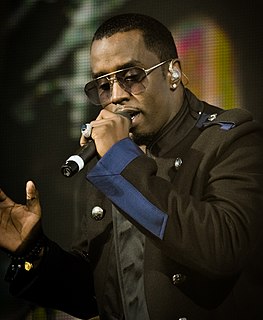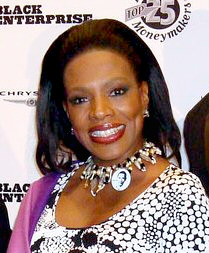A Quote by Uzodinma Iweala
When the HIV/AIDS epidemic first appeared, a lot of the reaction was that it's not happening here. It doesn't exist. It's not on the continent of Africa. Then we moved into this other phase, in which it was kind of like, it's everywhere.
Related Quotes
There's so much stigma around HIV/AIDS. It's a challenging issue, and the people that already have been tested and know their status find it very, very hard to disclose their status, to live with that virus, and to even seek out the kind of information they need. This experience of going to South Africa a decade ago really woke me up to the scale of the HIV/AIDS pandemic in sub-Saharan Africa, how it was affecting women and their children. I haven't been able to walk away from it.
You can fit two United States and maybe a third one into the entire continent of Africa, but on a map we make the entire continent of Africa look like the size of the United States, which is why a lot of people don't know that Africa is a continent. They think it's a country because it looks as big as we do.
And now South Africa has finally woken up and it is doing great things. And if South Africa becomes the template to what AIDS is in the sub-Saharan continent, then all the other countries are going to follow suit. And Michel Sidibe, who spoke at the breakfast meeting this morning, was saying that there is so much hope for Africa now that South Africa has got its house in order.
Drug warriors' staunch opposition to needle exchanges to prevent the spread of HIV in addicts delayed the programs' widespread introduction in most states for years. A federal ban on funding for these programs wasn't lifted until 2009. Contrast this with what happened in the U.K. At the peak of the AIDS epidemic in the mid-1990s, the HIV infection rate in IV drug users in the U.K. was about 1%. In New York City, the American epicenter, that figure was 50%. The British had introduced widespread needle exchange in 1986. That country had no heterosexual AIDS epidemic.


































